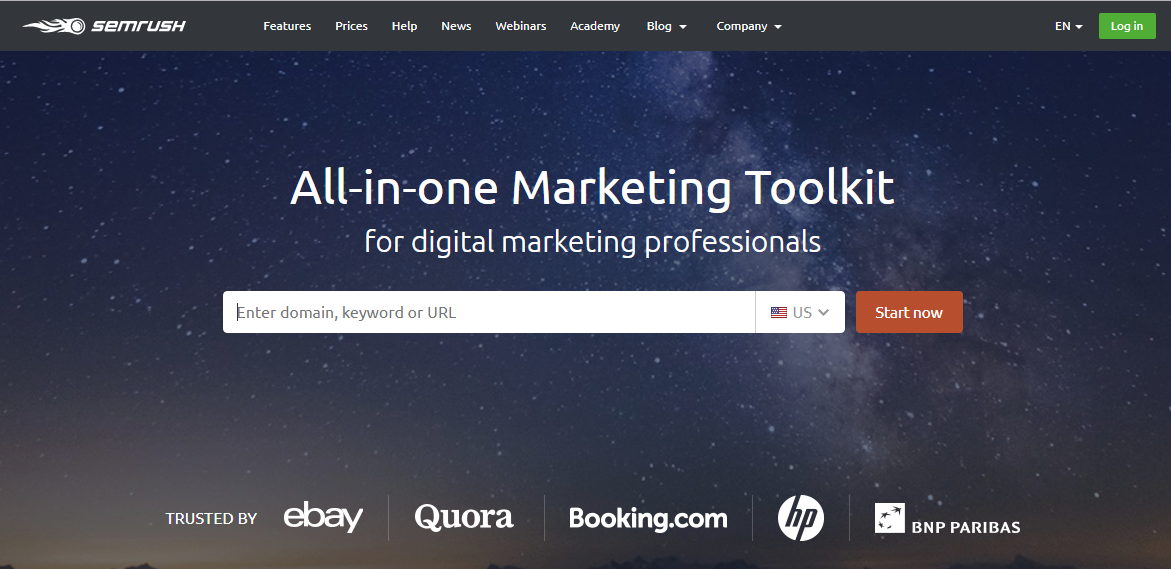And it’s time to take that data, analyze it, and use it to inform your content strategy to create customized, relevant, and insightful content that is more valuable to your target audience. Below we offer six SEO insights you can use to drive your strategy and results. For example, when looking in Google Search Console, if you see that one of your posts is ranking really well for a specific query, but has a low time on page, that could be an indicator that your content doesn’t match up with your audience’s intent. Because of this, your organic audience is probably bouncing from the page. Once identified, you can link to those pages in future content to share that value and further boost your content’s organic performance. A common practice for marketers is to look to search volume data to determine target keywords and new content opportunities. Once someone finds you through search, what do they do next? If you’re uncovering a lot of potential opportunities with this method, prioritize them using the number of times someone used that search term. Instead, content marketers need to use insights to inform their strategy, not create it. For more insight on how to use data to your advantage, check out these data-informed content marketing tips.

Marketers know that quality content and smart SEO are essential for driving toward their marketing goals, but that doesn’t mean success is easy to come by. With 53% of B2B marketers reporting their content marketing is only moderately successful, and another 23% reporting it as not at all or minimally successful, it appears that the majority of B2B marketers are struggling to see noteworthy results.
So, how can marketers improve their content marketing and achieve success?
The answer is in the data. More specifically, it’s in the insights you can glean from your data, especially SEO-related data.
Every marketer has access to this data. And it’s time to take that data, analyze it, and use it to inform your content strategy to create customized, relevant, and insightful content that is more valuable to your target audience. But knowing where to start on your data-informed and insight-driven content marketing journey isn’t always clear.
To start creating more insight-driven content, search data can offer a gold mine of insights. Below we offer six SEO insights you can use to drive your strategy and results.
#1 – Nail down your audience’s search intent.
It’s no secret that keyword data can tell you a lot about what your audience is on the hunt for. But it’s the intent behind those search terms that really matters. Intent is what will enable you to create more valuable, “best answer” content for your audience.
For example, when looking in Google Search Console, if you see that one of your posts is ranking really well for a specific query, but has a low time on page, that could be an indicator that your content doesn’t match up with your audience’s intent. Because of this, your organic audience is probably bouncing from the page. If you can optimize that post to align with their search intent, you’ll likely increase the odds that they’ll stick around.You can also use search intent to identify new content opportunities or gaps. When researching potential keywords in Google Keyword Planner or SEMrush, do your own recon and search the term in an incognito browser window. What content is ranking at the top for each query? What questions is it answering? What is so compelling about that page? (i.e. structure, video or other visual assets, etc.) Is there anything missing? Once you’ve analyzed what has made that page successful and helpful, you can apply those same tactics to your own content.

#2 – Take advantage of older, high-performing content.
Both SEO and content are in it for the long haul. Your content needs to be long-living to maximize its SEO value and drive significant organic results. Plus, with frequent algorithm changes to search engines, what might have been a poor performer in the past could be your top piece of content in the future. Because of this, your existing content actually holds a lot of potential.
Using Google Analytics or Search Console, you can review the current keyword rankings, impressions, and clicks for your existing content. To draw insight from this data, you should ask yourself:
- Are there any posts that have multiple page one rankings?
- What is each page ranking for?
- Which posts have the highest organic CTR or number of impressions?
These answers will help you surface your top performers that have the most SEO value. Once identified, you can…

COMMENTS